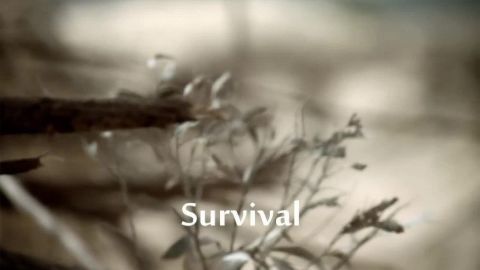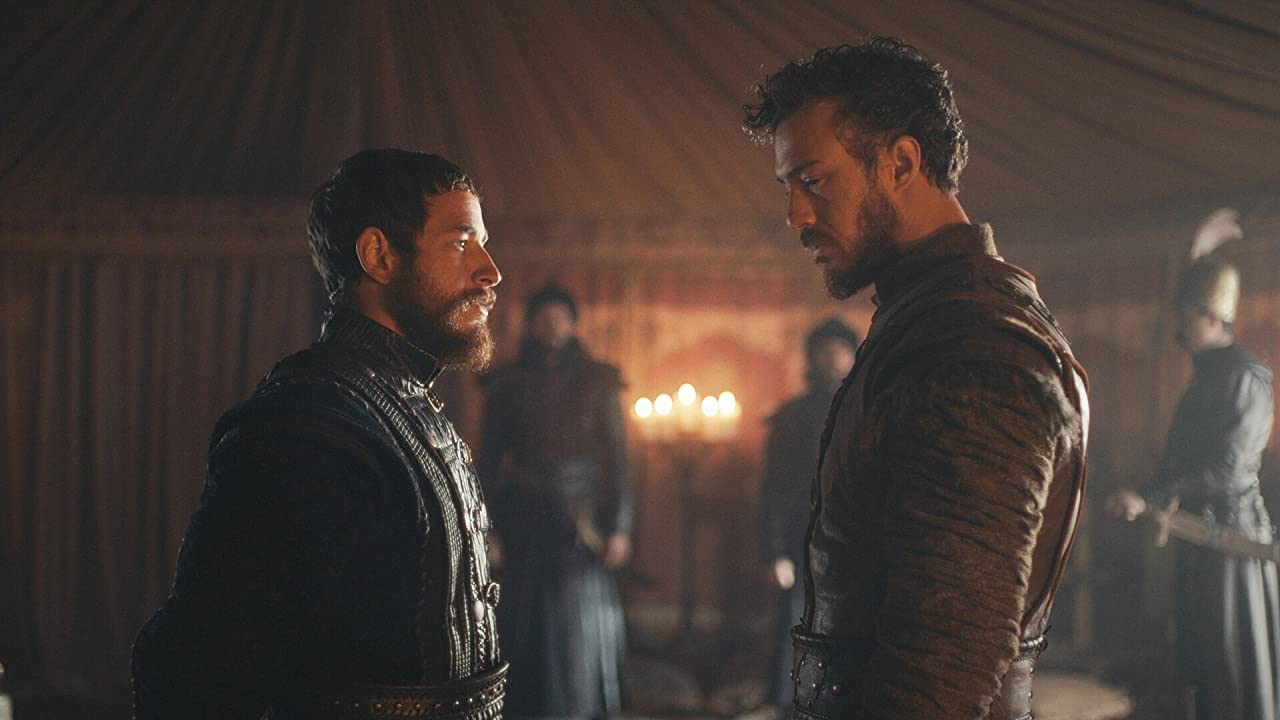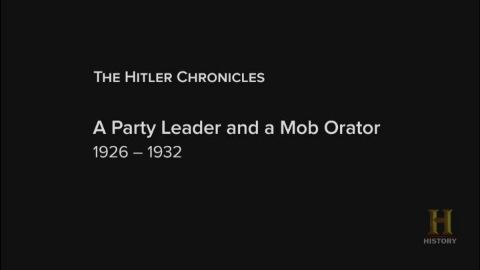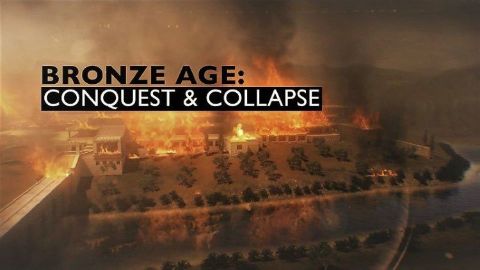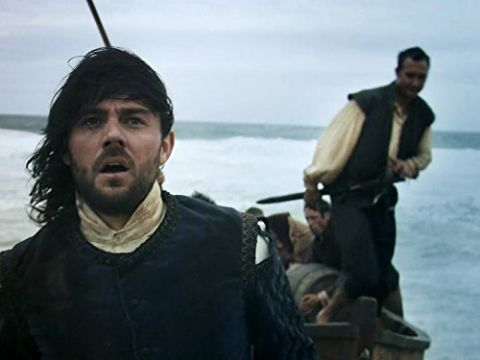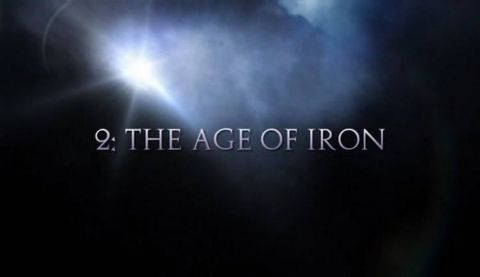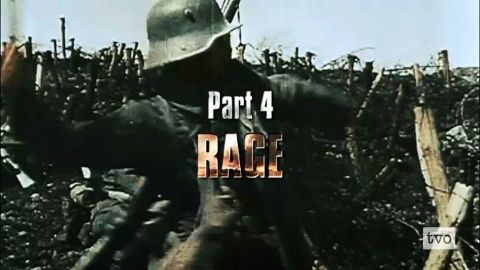The Word and the Sword • 2012 • episode "S1E3" • Andrew Marr's History of the World
Andrew Marr sets off on an epic journey through 70,000 years of human history. Using dramatic reconstructions, documentary filming around the world and cutting-edge computer graphics, he reveals the decisive moments that shaped the world we live in today, telling stories we thought we knew and others we were never told. (Part 3: The Word and the Sword) Andrew Marr plunges into the spiritual revolutions that shook the world between 300 BC and 700 AD. This was an age that saw the bloody prince Ashoka turn to Buddhism in India, the ill-fated union of Julius Caesar and Egypt's Cleopatra, the unstoppable rise of Christianity across the Roman Empire and the dramatic spread of Islam from Spain to Central Asia. But the most potent human force on the planet came from the combination of faith and military power as both Christianity and Islam created new empires of 'the word and the sword'.
Make a donation
Buy a brother a hot coffee? Or a cold beer?
Hope you're finding these documentaries fascinating and eye-opening. It's just me, working hard behind the scenes to bring you this enriching content.
Running and maintaining a website like this takes time and resources. That's why I'm reaching out to you. If you appreciate what I do and would like to support my efforts, would you consider "buying me a coffee"?
Donation addresses
BTC: bc1q8ldskxh4x9qnddhcrgcun8rtvddeldm2a07r2v
ETH: 0x5CCAAA1afc5c5D814129d99277dDb5A979672116
With your donation through , you can show your appreciation and help me keep this project going. Every contribution, no matter how small, makes a significant impact. It goes directly towards covering server costs.
